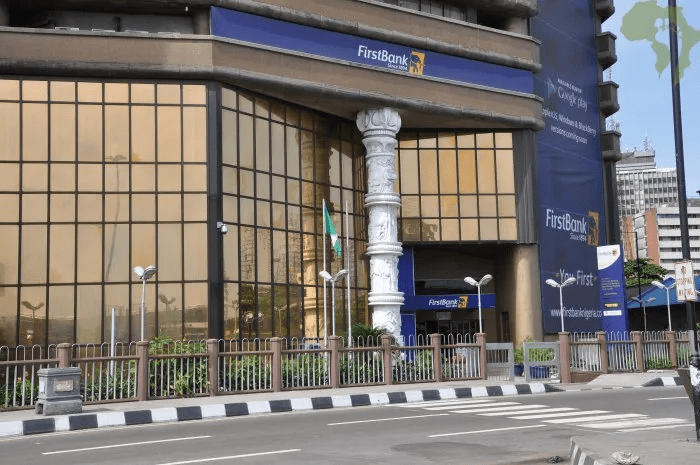•Market cap gains N25.66trn in seven months
Kayode Tokde
The positive macroeconomic indicators in Nigeria have trickled down to the stock market segment of the Nigerian Exchange Limited (NGX), lifting the market capitalisation by N12.47 trillion in July 2025 to close at N88.425 trillion.
Macroeconomic indicators such as Nigerian crude price moving towards the federal government benchmark of $75 per barrel, steady rise in foreign reserves and stability in the foreign exchange market contributed to the stock market N12.47 trillion gain in July 2025.
Investors reacted to these positive indicators to position in large and medium-capitalised stocks.
Specifically, the market capitalisation gained N12.74 trillion from N75.951 trillion at the beginning of the month of July 2025 to close at N88.425 trillion at the end of July 31, 2025.
With the N12.74 trillion in July 2025, the market capitlisation has appreciated by N25.66 trillion in seven months of 2025 from N62.763 trillion it closed in 2024.
Similarly, the NGX All-Share Index (ASI) rose by 16.58 per cent from 119,978.57 basis points on June 30, 2025 to 139,863.52 basis points on July 31, 2025, while in seven months of 2025 added 35.9per cent from 119,978.57basis points it closed for trading 2024.
Sectoral performance was broadly bullish throughout the month under review. NGX Industrial Goods index recorded a growth of 26.19 per cent for the month of July. NGX Banking index followed with a month gain of 22.17 per cent, while NX Insurance appreciated by 18.84 per cent month-on-month.
Also, NGX Lotus II, NGX Pension, NGX 30, NGX Consumer Goods and NGX Oil & Gas indices up by 16.44 per cent, 14.25 per cent, 11.52 per cent, 9.93 per cent and 0.45 per cent respectively in the month under review.
Analysts added that Nigeria’s stock market sustained its positive trajectory through July 2025 amid positive corporate earnings for the first half (H1) of 2025 by listed firms on NGX and possible interim dividend payout.
Speaking on market performance for the month of July 2025, the managing director of Global View Capital Limited, Mr. Kebira Aruna, said the All-Share Index experienced a significant gain of 16.58 per cent in July 2025 and this impressive rise can be attributed, in part, to corporate reports that exceeded market expectations.
He explained that “historically, profit growth figures have hovered around 20 per cent to 50 per cent, but now there are instances of extraordinary recoveries, such as a company moving from a loss of N8.9 million to profits of N2.9 million and ultimately to N5.5 million, demonstrating growth in the vicinity of 100 per cent.
“With the anticipation surrounding dividend declarations, the market remains focused on companies that consistently perform well. However, the timeline for these results may vary, as the auditing process typically takes a couple of months, meaning we might see these announcements in mid-August or September.”
Aruna also said that “liquidity within the market remains a vital topic. While the government has been borrowing, there is a noticeable shift in appetite. For example, when the market offered $300 billion, the government only accepted $2.5 billion. Currently, the market’s offerings are reduced to $200 billion, with the government borrowing in smaller amounts, indicating a desire to negotiate better rates.”
The vice president of Highcap Securities Limited, Mr. David Adnori, noted that with such a substantial rally to take place, investor confidence must have been remarkably high.
According to him, several factors contributed to this surge in confidence. Firstly, the positive expectations surrounding half-year disclosures played a crucial role. Many listed companies reported impressive H1 results, with some, like Unilever Nigeria, surprising the market by announcing interim dividends after years of not doing so.
This flow of strong financial results undoubtedly supported the market’s upward trajectory.
Adnori added that “also, a decline in interest rates for short-term benchmarks, such as treasury bills and bonds, encouraged a shift from debt instruments to equities. Despite heavy oversubscription, the yields on these debt instruments saw a decrease, further enhancing investor confidence in the broader Nigerian economy.
“Additionally, macroeconomic developments, such as a GDP growth of 3.13 per cent in the last quarter and a modest inflation rate of around 22.3 per cent, reinforced investors’ optimism. This positive outlook not only attracted domestic investors but also garnered interest from foreign investors, helping to sustain the equity market rally.”
On the August outlook, he noted that, “while the market has already reacted to various price-sensitive events and corporate disclosures, it is essential to acknowledge that market responses can sometimes exhibit exuberance, leading to potential corrections in the near future.”
The post Positive Macroeconomic Indicators Push Market Cap by N12.47trn in July 2025 appeared first on THISDAYLIVE.



